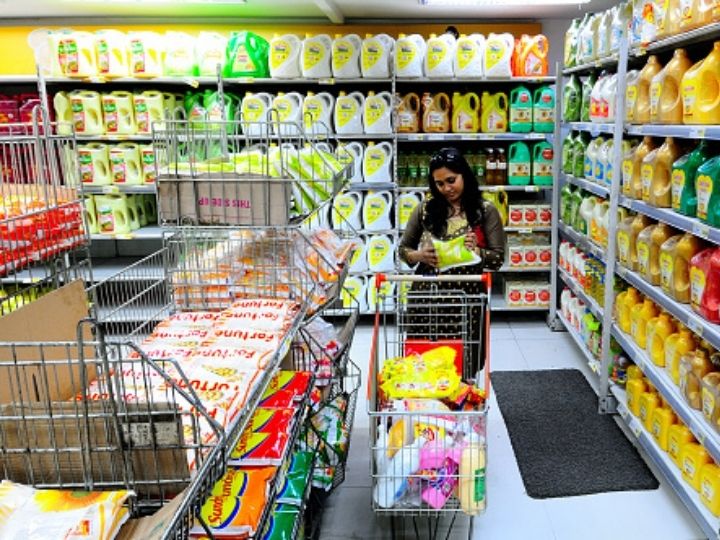New Delhi: Indonesia, world’s biggest supplier of palm oil, on Thursday said that it will lift a ban on exports from Monday.
The news has certainly brought some cheers as palm oil is used extensively in various industries – from food to soap to fuel. Hence, the ban threatened to push up costs of essential items across sectors.
However, for Indian citizens, who are reeling from the unrelenting rise in the cost of essential goods, relief won’t come immediately.
The Solvent Extractors’ Association of India (SEA), the national body of vegetable oil industry and trade, said the recent development will not normalise supplies overnight because Indonesia has asked each mill to reserve a certain percentage of their production for their domestic market which is 10 million tonnes.
Atul Chaturvedi, president of SEA, told ABP LIVE that besides lifting the ban on exports, Indonesia has given the mandate to their government agency, BULOG, to create a buffer stock of about 2 million tonnes. “It will be a few more days before the actual clarity on the issue comes and exports from Indonesia smoothens, but it will definitely happen sooner or later because it is difficult for Indonesia to sustain the ban for a longer period of time,” he said.
It has to be noted that lifting of the ban came after hundreds of farmers in Indonesia protested against the government’s move saying their incomes have suffered because prices of their fresh fruit bunches plunged, according to several reports. In a video statement, Indonesian President Joko Widodo said that they took the call despite bulk cooking oil having not yet receded to the targeted 14,000 rupiah a litre price, as the government considers the welfare of 17 million local workers in the palm oil industry, according to agency news.
Though the ban has been lifted, Chaturvedia said the prices of edible oil in India will not come down quickly as India heavily depends on the international market for its consumption, which accounts for 70 per cent.
“If we don’t see a collapse in prices in the world market, prices won’t come down so quickly,” he said, while adding, “At higher levels, we have seen demand contraction and demand destruction. The forward months in the global market were also relatively lower compared to the spot months. Gradually the prices will come down and provide relief to the Indian consumers.”
The SEA president mentioned that rates of edible oil will soften because in summers demand usually dips as consumption of fried foods is less.
Annually, India imports 13-13.5 million tonnes of edible oils, of which 8-8.5 million tonnes (roughly 63 per cent) is palm oil. Of this, 8-8.5 million tonnes of palm oil, about 50 per cent comes from Indonesia only, while the rest from Malaysia.
To curtail India’s dependency on oil import, the central government has introduced the National Mission on Oilseeds and Oil Palm (NMOOP) during the 12th Five Year Plan to support the development and sale. The scheme aims to boost the production of edible oils and expand the oil palm areas.
Meanwhile, the ban on oil imports coupled with the disruption in supply caused due to the ongoing war in Ukraine, has triggered price rise in the edible oil sector.
Chaturvedi is hopeful that India’s import dependency, especially on palm oil, will come down gradually. “Indian imports over the past couple of years have started looking down and hopefully if we have a good monsoon and farmers still suitably enthused there is no reason why India’s edible oil import dependency should not come down,” he added.
India imports 1.0-1.1 million tonnes of edible oils in various forms per month. On a monthly basis, since April 2022, around 325,000 tonnes of palm oil that came from Indonesia completely stopped, which was fulfilled by Malaysia and Thailand.


